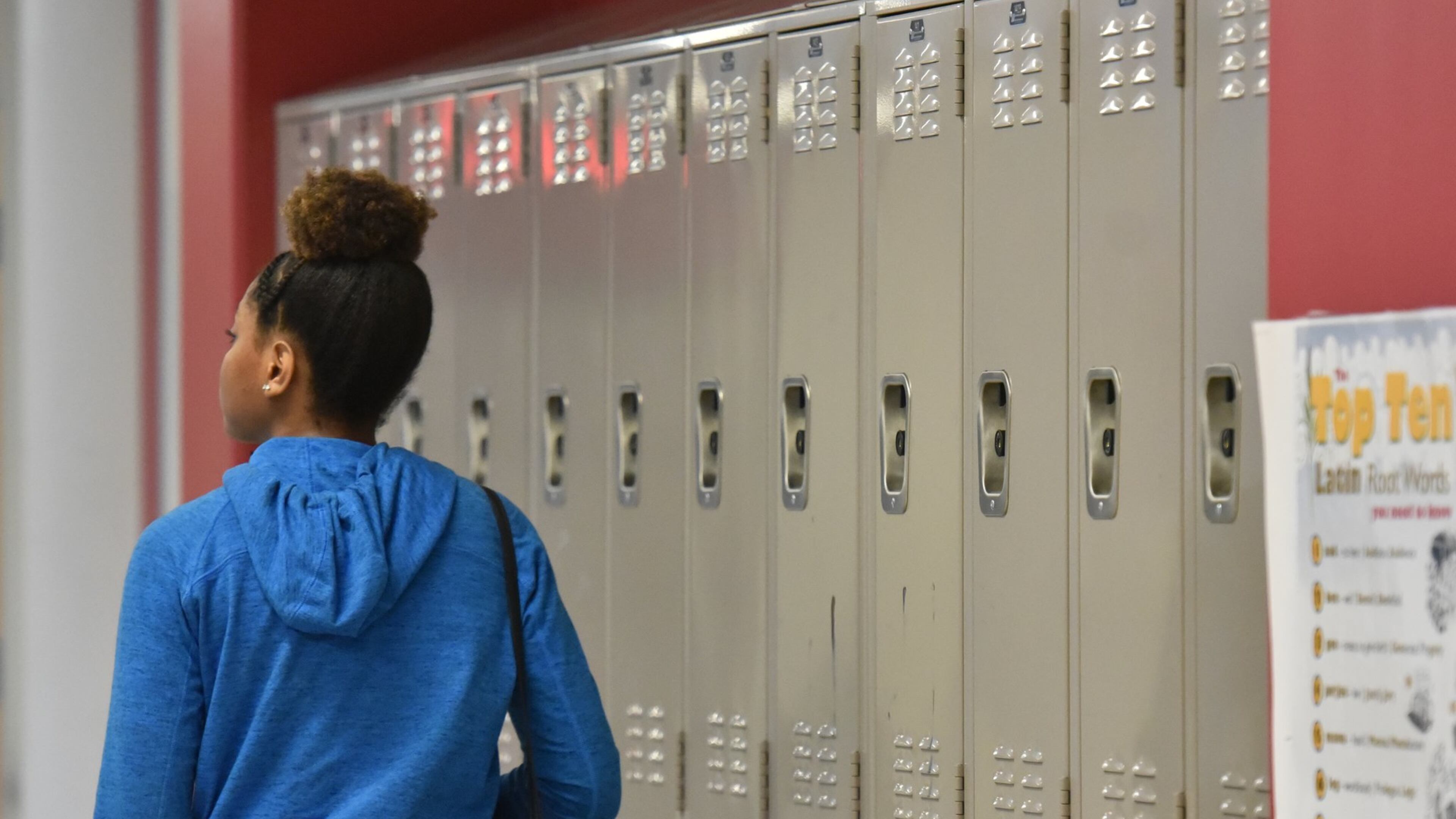Parent groups: Disparity in learning is ‘tragic status quo in Atlanta’

Two education advocacy groups are calling out “dismal” and persistent academic gaps between Atlanta’s white students and students of color.
Atlanta Public Schools is at a critical juncture as the board searches for a new superintendent and develops a strategic plan to guide the next five years. That’s why now is the time for the district to act aggressively and swiftly to improve long-struggling schools, those groups argue.
"It's at a pivotal place right now," said Steven Quinn, state outreach director for GeorgiaCAN, which issued a report on the district's performance Thursday along with the Latino Association for Parents of Public Schools.
Parents, he said, “want to see action. They want to see accountability, innovation.”
GeorgiaCAN is an Atlanta-based nonprofit education organization that supports school choice options, including charter schools. LAPPS formed more than three years ago with chapters in several Atlanta schools.
APS acknowledged work remains to be done but said the district “has been acting with urgency over the past five years to fix at its core what was essentially a broken school system so that we could get to the business of addressing the inequities and underperformance in our schools.”
In a lengthy statement responding to the report, the district said that “poverty is at the heart of nearly every issue facing our students and schools” and referred to the efforts undertaken to rebuild after a massive cheating scandal.
“It’s no secret that there is much more work ahead of us to improve academic outcomes for every child in our district,” said the APS statement. “While we haven’t figured it all out yet, we are working diligently in good faith to address the challenges we inherited and continue to face to ensure that all of our students have choice filled lives.”
Thursday's report looked at historical national and state test scores that aim to measure students' proficiency in math and reading and highlighted big gaps between how white students and students of color performed.
While the percentage of black students who scored at proficient levels on fourth-grade reading tests doubled from 2002 to 2019, there was still a 60 percentage point gap between black and white students’ performance. That gap was 59 percentage points in 2002, according to results from the National Assessment of Educational Progress, or NAEP, test.
In 2019, 16% of black fourth-grade students scored in the proficient level compared to 23% of Latino students and 76% of white students, according to the report.
"As the board finalizes its next strategic plan and searches for its next superintendent, we hope our report serves as a reminder of the need to take aggressive action — quickly and continuously — in order to shake up schools that are consistently struggling and disrupt what has become the tragic status quo in Atlanta," said LAPPS president Ricardo Miguel Martinez, in a written statement.
APS launched a major effort to turn around struggling schools in 2016. Some of the district's lowest-performing schools were closed and merged. In some cases, teachers had to reapply for jobs and principals were replaced. Management and staffing of a half-dozen schools were turned over to charter school operators. The district invested millions of dollars to hire math and reading specialists and provide more social services and other support to troubled schools.
The new report states that even when APS “takes drastic action” it doesn’t guarantee progress, and when progress does occur it “comes very slowly.”
Advocates said parents they spoke to want the district to intervene quickly — within a year or two— when schools aren’t improving. They said those parents want schools to be more innovative and accountable and for families to receive more services.
The report also calls for APS to replicate what’s working in successful schools and give parents more choices about where they can send their children.
Olivia Henderson lives within the attendance zone for Perkerson Elementary, an Atlanta school that's received turnaround support. When she searched for information about the school, she found its low state report card scores. That and other factors prompted her to enroll her child in an APS charter school instead.
Henderson, who serves as a parent fellow with GeorgiaCAN, said she would appreciate an easier way to measure how a school is doing — a concept the school board is wrestling with as it creates the next strategic plan.
She also said it’s key that district leaders make sure “that if something is not working they can catch it fast enough” to change direction.
APS said it is seeing gains in state report card scores, higher graduation rates and a decrease in leadership turnover. The district said it will continue to work in the coming months on its strategic and school turnaround plans and “set up APS to accelerate closing the achievement gap.”


